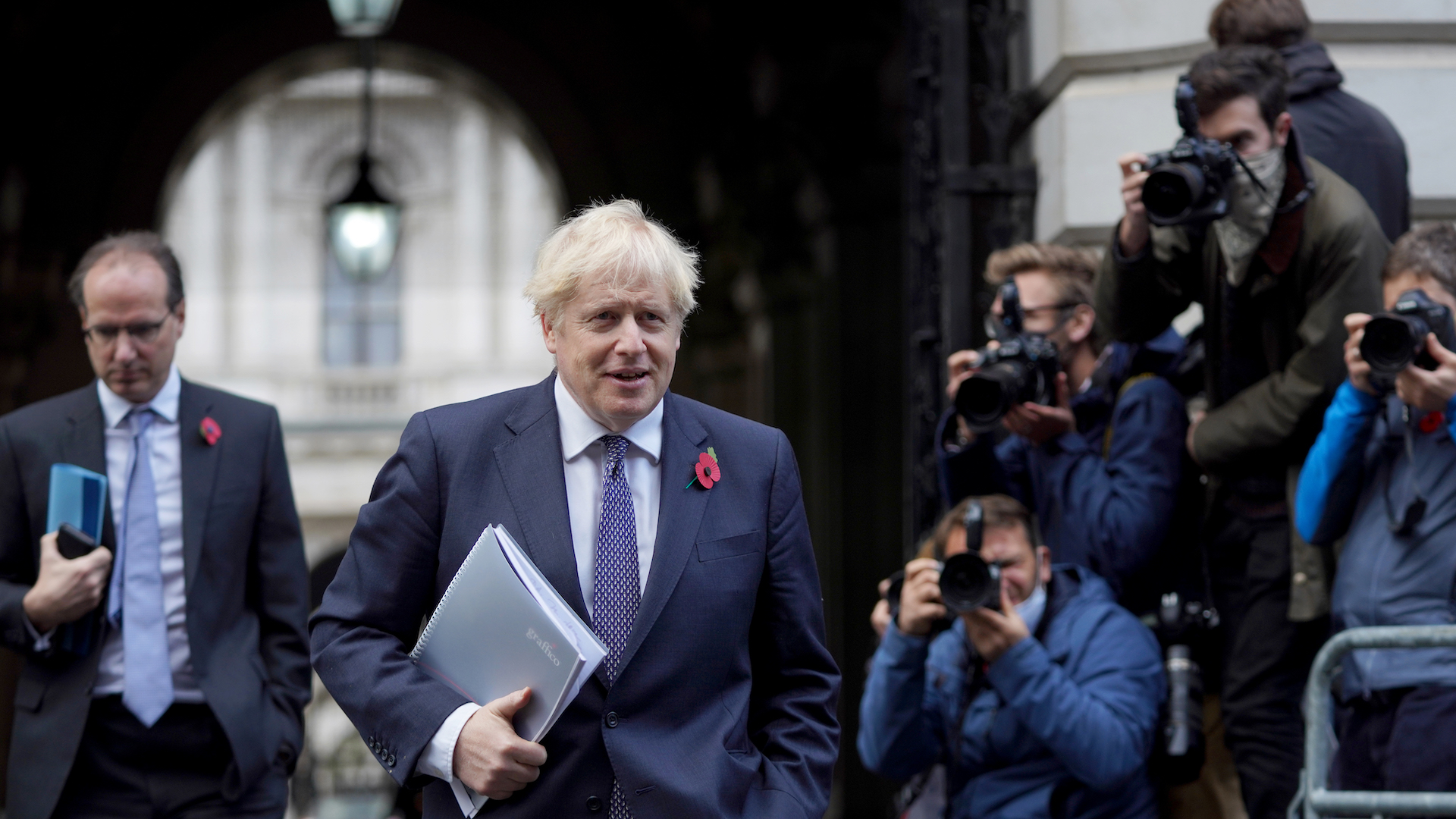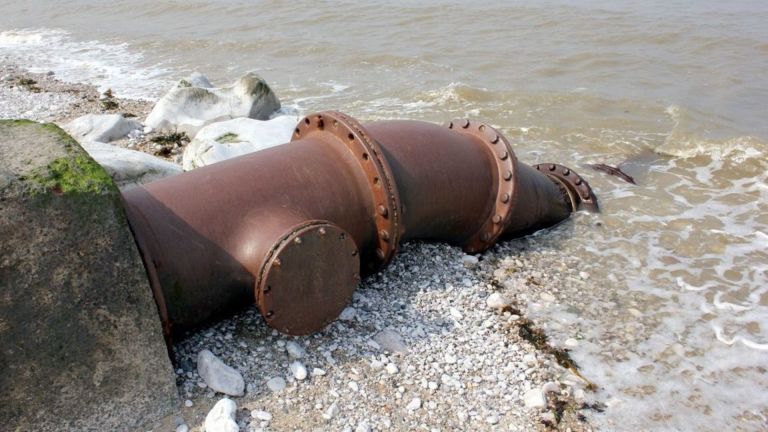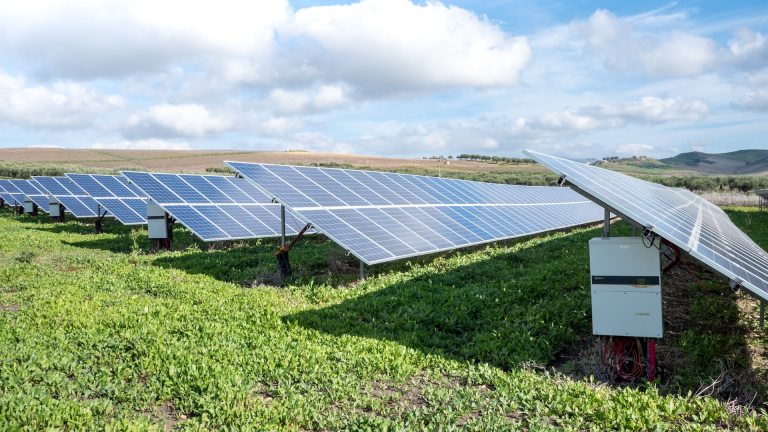While there will be arguments over whether the PM has provided enough funding to support his ambitious new targets, it’s clearly a credible and comprehensive plan that focuses on all the right areas for cutting emissions over the coming years. By 2030, if the plan bears out as hoped, the UK should be a nirvana for electric cars, hydrogen and electric heating, well on course to achieve net zero emissions in 2050. Clearly more will be required, but this is a great start.
But even if it is enough, will it actually be achievable?
Given all the changes that we will all have to grapple with, the Government faces an uphill struggle creating a net zero plan that puts consumers at its heart and protects the most vulnerable.
In short, not yet. The real challenge the Government now faces is translating these headline commitments into actual plans on the ground that help individuals and businesses take action. It’s all too easy to set a target, but harder to say how you will get there.
Government will have to focus in the coming years on how it can unlock investment from businesses so they can innovate and offer better low-carbon options for consumers. It will have to work out how it funds the overall cost of achieving net zero, without impacting the most vulnerable by putting up energy bills. It’s therefore too early to judge whether the plan will be a success. We will have to wait and see.
But perhaps most importantly, people will want to know how it all will impact our daily lives.
It’s hard to argue that if it is actually delivered, the 10-point plan will mean we are living in a very different world by the end of the decade.
Advertising helps fund Big Issue’s mission to end poverty
The millions of us who rely on petrol and diesel cars won’t be able to buy a new one within nine years. Hundreds of thousands of people will be getting electric heating installed in the years ahead, with existing gas boilers ripped out as a result. Whole towns may find they are heating and cooking on clean hydrogen gas by the middle of the 2020s, cutting their carbon footprint significantly as a result. We may even by flying around in electric planes before too long.
Given all the changes that we will all have to grapple with, the Government faces an uphill struggle creating a net zero plan that puts consumers at its heart and protects the most vulnerable. Government will have to offer consumers support to make the switch, making it as easy as possible to take action, whether it be through buying an electric car or installing energy efficiency measures at home. It will also have to ensure the costs don’t fall on those who are least able to pay.
The net zero challenge is principally about inspiring individuals to take climate action, and doing so effectively and fairly will ultimately be how this Government and those that follow will be judged.
Josh Buckland is currently a director at Flint Global. He previously advised the Prime Minister, Chancellor and Secretary of State for Business, Energy and Industrial Strategy on energy and climate policy.
Big Issue vendors need your help now more than ever. More than 1,000 vendors are out of work because of the second lockdown in England. They can’t sell the magazine and they can’t rely on the income they need.
Advertising helps fund Big Issue’s mission to end poverty
The Big Issue is helping our vendors with supermarket vouchers and gift payments but we need your help to do that.
Please buy this week’s magazine from the online shop or take out a subscription to make sure we can continue to support our vendors over this difficult period. You can even link your subscription to your local vendor with our new online map.










